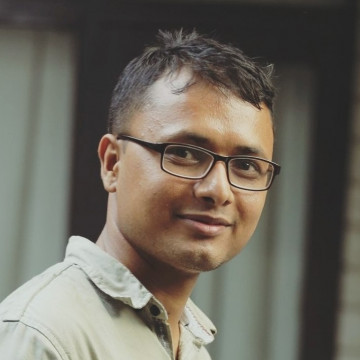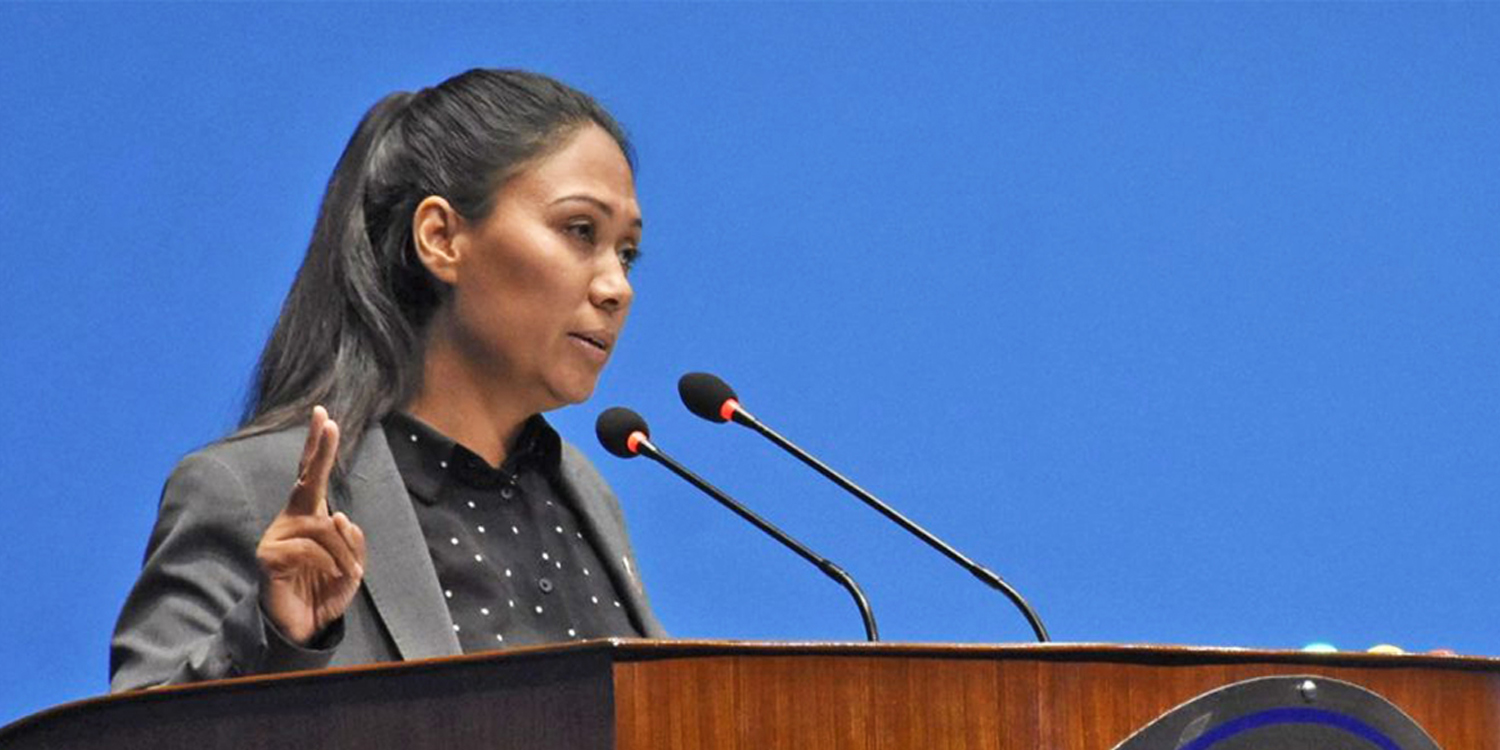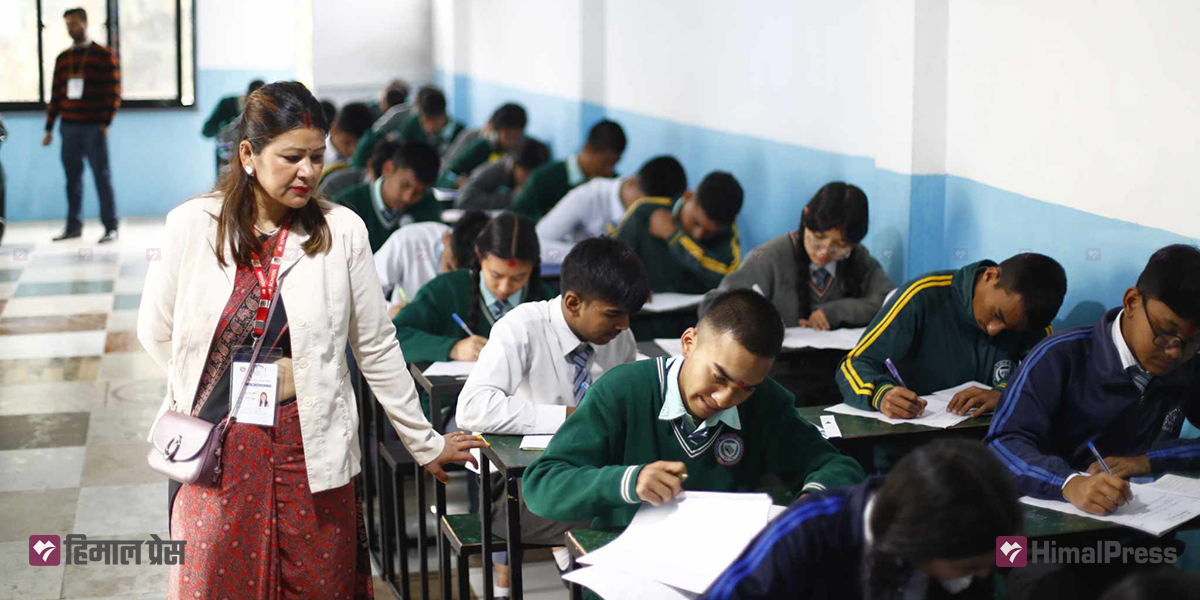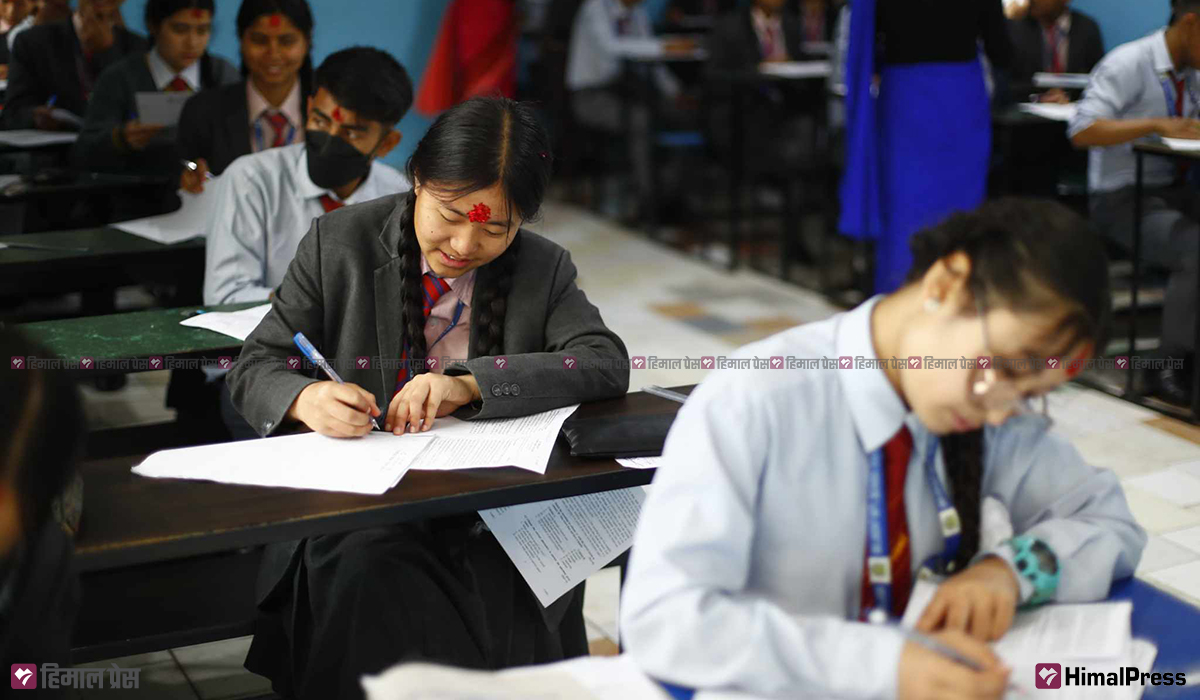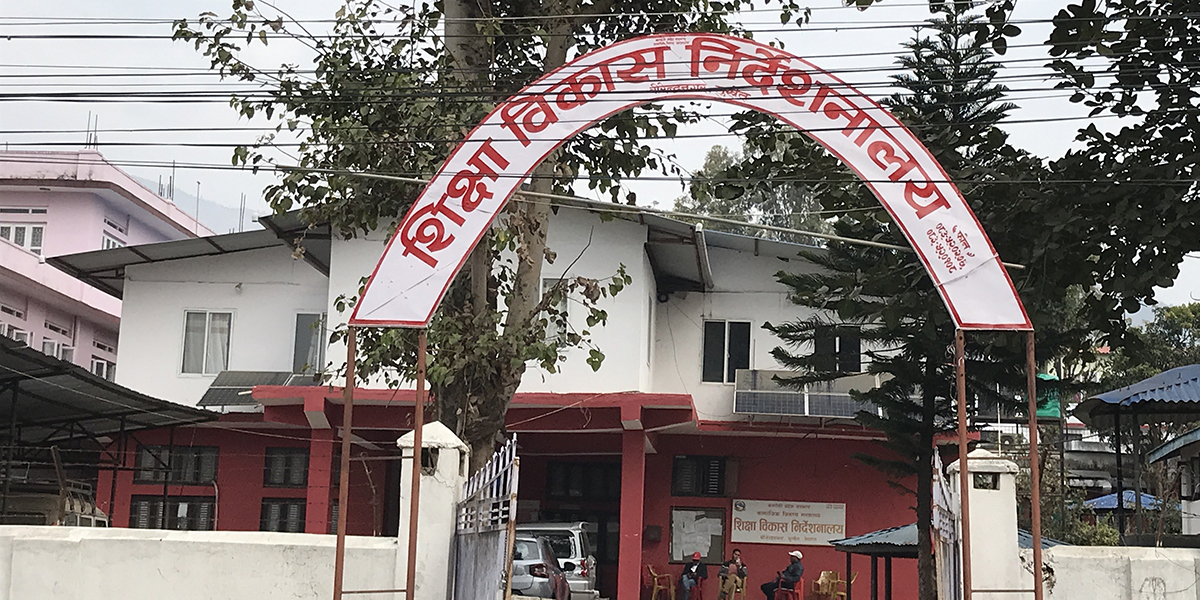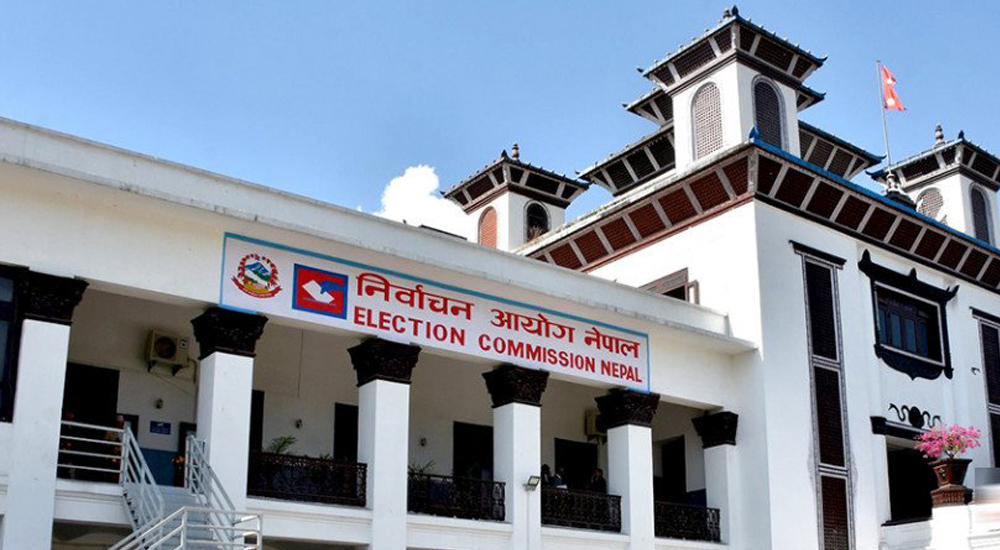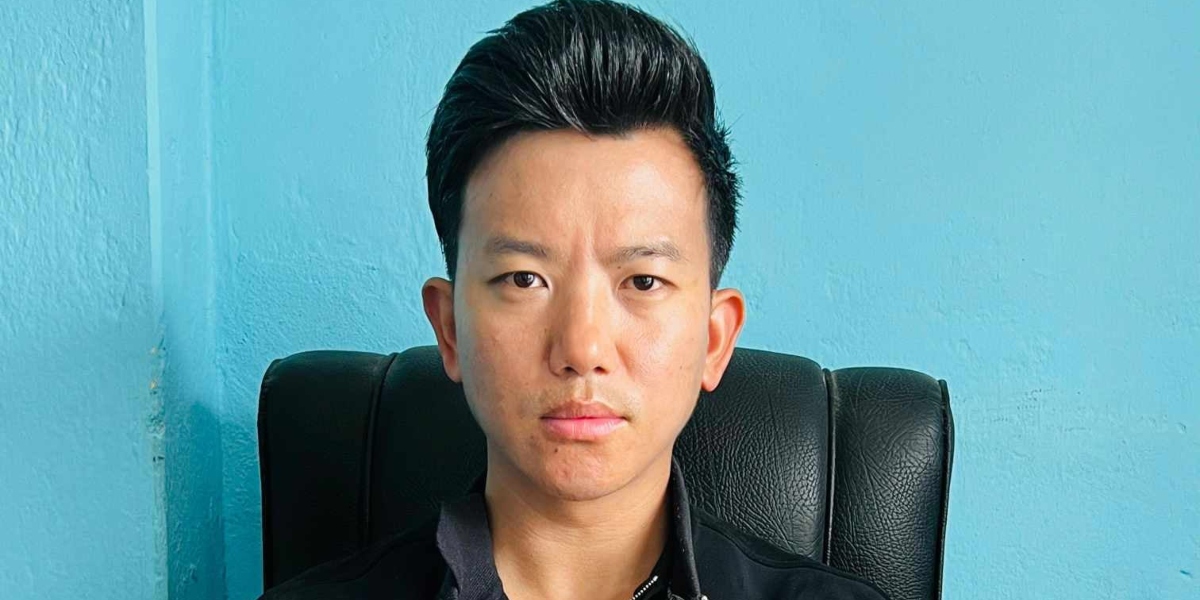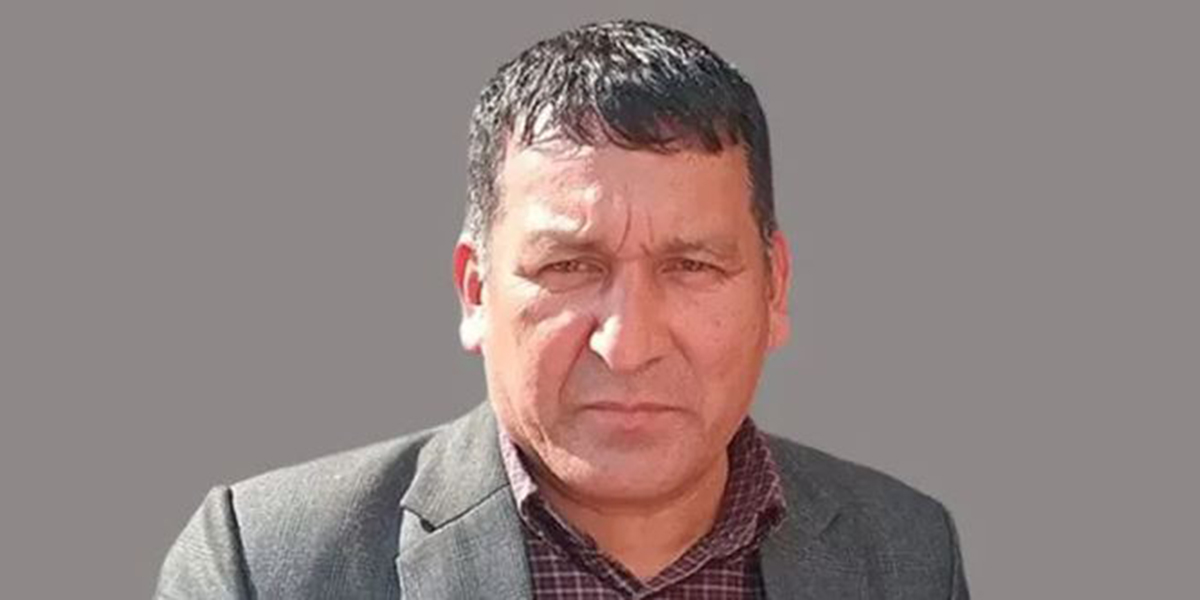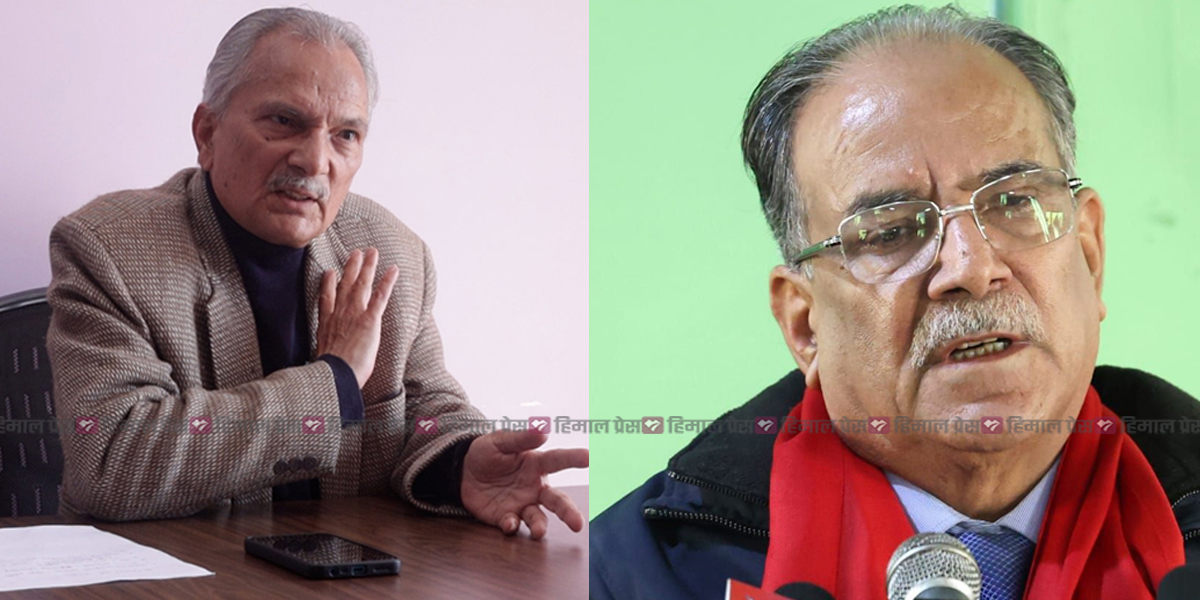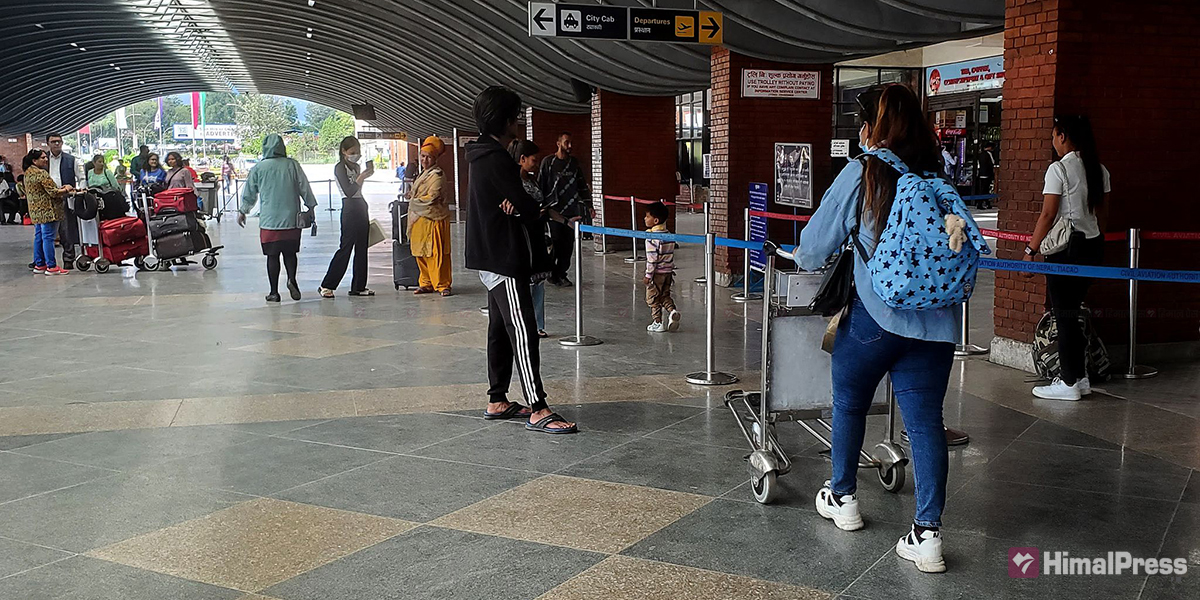
KATHMANDU: Most students dream of pursuing higher education abroad when they are in 10th grade. Instead of enrolling for college degrees after completing 12th grade, they start preparing for language exams like IELTS, PTE, and TOEFL. Nepali students prefer countries like Australia, USA, Japan, and Canada as their study destinations.
The younger generation no longer sees a future in their own country and opts to study abroad, resulting in empty university classrooms. Consequently, there is a rise in the number of students seeking assistance from educational consultants, language institutes, and obtaining No Objection Letters (NOC).
When asked why they don’t want to stay in Nepal, the younger generation cites the lack of a secure future as the primary reason. Khusal Pokharel, a student from Gyanodaya Secondary School in Kathmandu, explains, “I wanted to enroll in a foreign university after completing 12th grade because studying abroad would secure my future.” Pokharel has applied for scholarships at various universities in the US and is hopeful of receiving one due to his good scores in the English language test.
Nepal experienced political instability for nearly two decades since the mid-1990s. While the political situation is gradually improving with the promulgation of the new constitution, the number of universities and campuses has increased, and campuses have opened up even in remote local units. Additionally, foreign university courses can now be studied within the country. Despite these developments, parents have been unable to dissuade their children from going abroad, and the government lacks policies to retain students.
Parents do not hinder their children’s plans to study abroad, and only a few want to see their children study at local universities. Rebika Thapa is preparing to study abroad due to her parents’ insistence. After completing her Class 12 examination, she plans to go to Australia for higher education. “It is my parents’ wish that I go to Australia to study,” she added.
Many parents are willing to take on any amount of debt to send their children to more developed countries. Even parents working in Gulf countries have started sending their children to Australia and Canada. The outflow of students abroad not only affects the country’s workforce but also results in a significant depletion of foreign currency reserves. According to Nepal Rastra Bank’s data, in the last 10 months, Rs 75.14 billion has been spent on higher education outside the country.
According to the Federation of Nepalese Chambers of Commerce and Industry (FNCCI), approximately 500,000 young people enter the Nepali labor market each year, with only around 20,000 finding employment. This lack of job opportunities prompts many to seek opportunities abroad. Obtaining a visa for studying abroad is not difficult for Nepali students. They typically secure a visa by achieving good results in language exams. Education consultants note that countries like the US, the UK, and Australia have flexible education policies. Students can directly enter the second year of Bachelor’s programs in these countries, as well as in France, New Zealand, and other nations, through credit transfer. This has resulted in an increase in dropout rates in Nepali educational institutions as students opt for foreign universities.
Dr Dilli Raj Sharma, the dean of the Faculty of Management at Tribhuvan University, believes that Nepali students go abroad for higher education due to the opportunities available there after their studies. He emphasizes that if job prospects were guaranteed after graduation, students would be less likely to drop out. “Students seek opportunities by going abroad. If it can be ensured that they can find employment here after their studies, Nepal’s universities can attract students,” he adds. He fears Nepal’s university education will collapse if the influx of students studying abroad is not curbed.
Most students who have completed the 12th grade in science, management, or technical streams and have pursued a three-year diploma course from the Council for Technical Education and Vocational Training (CTEVT) choose to study abroad. There are numerous examples of engineers, nurses, and doctors, considered skilled workers, not returning to the country after completing their studies.
According to the Ministry of Education, Science, and Technology’s Foreign Study Permission Branch, approximately 400 students obtain No Objection Letters (NOC) to study abroad every day. Basudev Osti, who heads the branch, said that Australia, Canada, the United States, Japan, and the UK are the preferred destinations for most students. “Not only recent high school graduates, but engineers, nurses, and doctors who are considered skilled workers in Nepal are also taking NOCs to study abroad,” he added.
Stakeholders argue that the rate of student migration will not decrease until the government ensures education, health, and employment opportunities. Prof Dr Bal Chandra Luitel, the dean of the Faculty of Education at Kathmandu University, attributes the current situation to the government’s negligence in improving education. He says the country’s education policy is outdated and that universities have become political battlegrounds. “Even professors have become political activists,” he said, adding, “Political interference in university education is prevalent. Prime ministers are running universities at the behest of political parties, resulting in a decline in the quality of education.”
Universities have often become targets of student organizations affiliated with political parties. Dr. Luitel said that until political parties cease their involvement in university affairs, the quality of education will not improve. Due to insufficient salaries and inadequate facilities for teaching faculty, most university professors focus on activities other than teaching. The amount of time professors dedicate to universities is minimal, with some becoming directors of private educational institutions. There is also a lack of encouragement for professors to engage in research.
The number of students obtaining NOCs to study abroad increases each year. In the first 11 months of the fiscal year 2022/23, over 100,000 students obtained NOCs. Typically, around 80% of those receiving NOCs end up leaving for foreign countries. Students have acquired NOCs to travel to 71 countries.
In the fiscal year 2021/22, a total of 114,429 students obtained NOCs, compared to 29,432 in 2020/21 when many countries stopped accepting students due to COVID-19.

